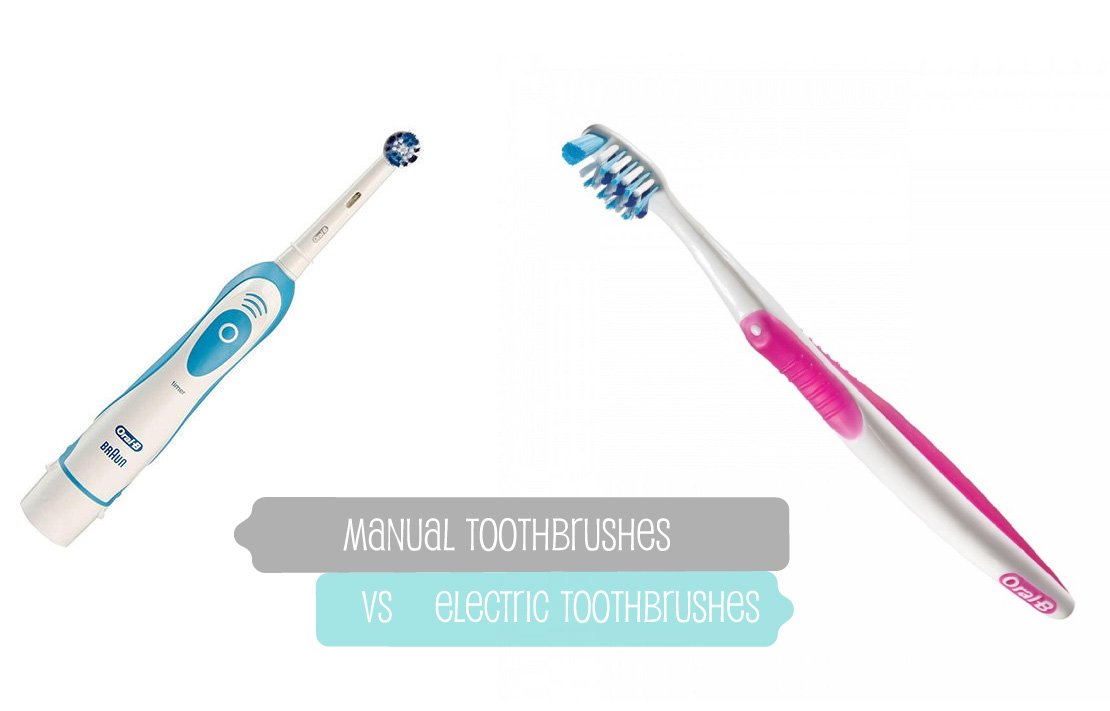Electric Toothbrushes vs Manual Toothbrushes
Are you confused with all the toothbrushes on the shelf of your local grocery store? Are you wondering which one to buy? should you buy a manual or electrical tooth brush. This guide is to shine some light on the common differences between the electric toothbrushes and the manual ones.
Toothbrushes have been around since ancient Egypt, and modern toothbrushes have been around since the 1930’s! Even over all these centuries, the original concept of the toothbrush hasn’t changed. During the 1990’s, electric toothbrushes were born. But is it better than the other, manual toothbrush? Let’s compare.
Manual toothbrushes
First of all- no battery charging to be done! And much easier to travel with for this reason of not needing charging outlets nor batteries. The manual toothbrush will do a great job cleaning your teeth after two minutes of proper brushing, and they can be kept in perfect condition this way. They are good for about 3 months. There are various styles, colours, bristles and heads to pick between when selecting your toothbrush. There are smaller sized ones made for kids. And lastly, the manual toothbrush is nowhere nearly as pricey as the electric toothbrush. The dentist usually gives out free toothbrushes to their patients after each appointment.
Electic toothbrushes
On the flipside, they require more work from you to brush properly and mindfully, and timing in not a built-in feature. You will have to estimate two minutes of time, or play a song, or use a timer in order to meet the mark!
The electric toothbrush is easy to use, because all you need to do is hold it on a 45 degree angle, and it will do all the work. Basically, it’s less work and it can provide better brushing results. Electric toothbrushes have been proven to also do a better job of cleaning, removing gingivitis, and plaque. They are also more fun for children to use, because it feels like it isn’t “a chore.” And of course- there is a built-in timer! You don’t have to prepare a timer at all, nor think about it. Just brush!
The downsides would be… charging it! You’ll have to find a good spot for it to be plugged in, or it may be a type that needs batteries replaced.They’re not good to travel with because they can be bulky, and outlets in other countries usually need a converter- which might mean more expenses for you! Lastly, they are easy to break. Don’t drop them! They easily get damaged!



